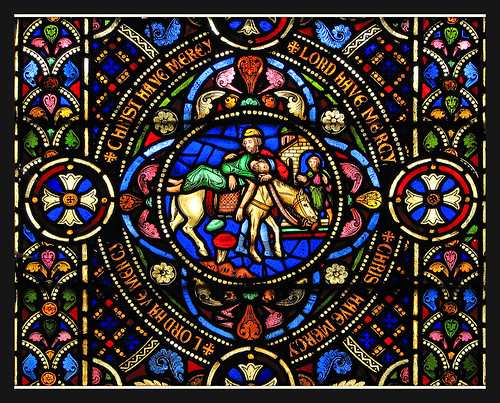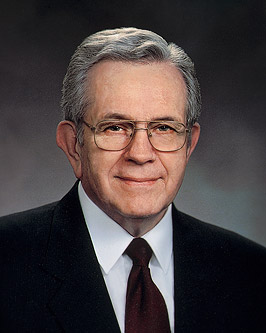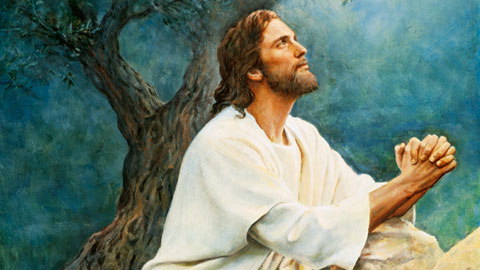One of the most influential stories told by Jesus Christ is the parable of the good Samaritan. The Savior spoke often in parables because each has a deeper meaning understood only by those who have “ears to hear” (Matthew 13:9).
 In the second century A.D., Irenaeus in France and Clement of Alexandria both saw the good Samaritan as symbolizing Christ Himself saving the fallen victim, wounded with sin. A few years later, Clement’s pupil Origen stated that this interpretation came down to him from earlier Christians, who had described the allegory as follows:
In the second century A.D., Irenaeus in France and Clement of Alexandria both saw the good Samaritan as symbolizing Christ Himself saving the fallen victim, wounded with sin. A few years later, Clement’s pupil Origen stated that this interpretation came down to him from earlier Christians, who had described the allegory as follows: “The man who was going down is Adam. Jerusalem is paradise, and Jericho is the world. The robbers are hostile powers. The priest is the Law, the Levite is the prophets, and the Samaritan is Christ. The wounds are disobedience, the beast is the Lord’s body, the [inn], which accepts all who wish to enter, is the Church. … The manager of the [inn] is the head of the Church, to whom its care has been entrusted. And the fact that the Samaritan promises he will return represents the Savior’s second coming.” *
Symbols from the Parable of the Good Samaritan
| Symbol | An Early Christian Interpretation |
| Good Samaritan | Jesus Christ |
| Victim | Man wounded with sin |
| Jerusalem | Paradise |
| Jericho | World |
| Priest | Law of Moses |
| Levite | Prophets |
| Beast | Christ’s body |
| Inn | Church |
| Manager of the inn | Head of the Church |
There are many different ways that this parable can be interpreted. The parable of the Good Samaritan can help us to understand the greatest two commandments, the plan of salvation, or a number of other principles. We need to 'liken' all the scriptures 'for our profit and learning' so we can understand and apply them better.(1 Nephi 19:23) As we do these things we will come closer to God.






























